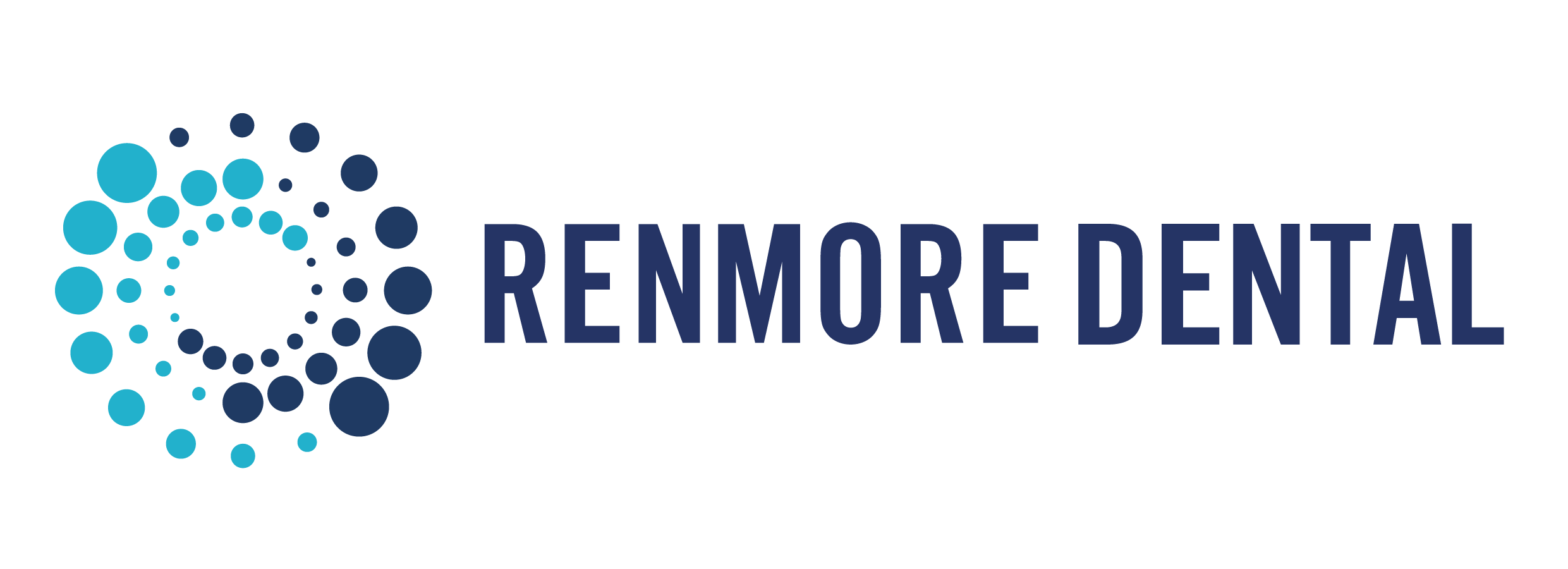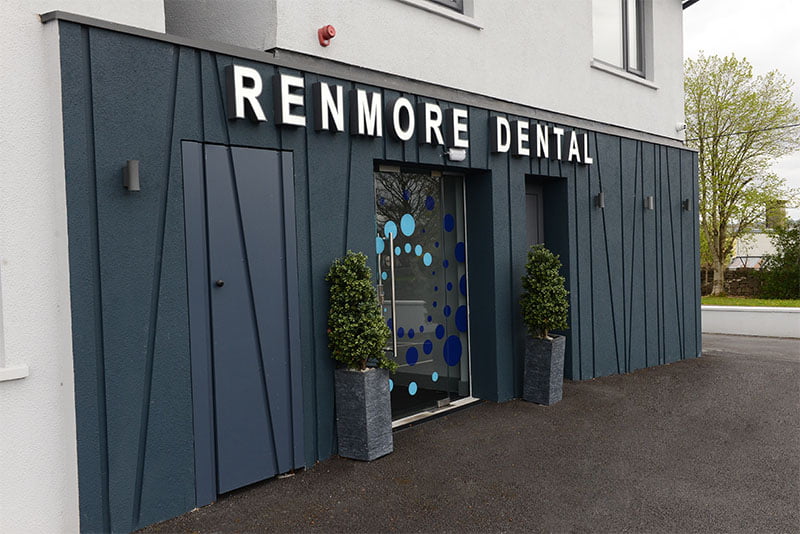Preventative Dentistry
Delivering the highest possible standard of care to our patients involves not only providing dental treatment, but also supporting our patients in their practice of preventative dentistry. Preventative dentistry involves continuously caring for your teeth and gums, to maintain a good standard of oral health and avoid issues such as cavities, enamel wear and gum disease.
Most people practice preventative dentistry every day without even realising, through healthy habits such as brushing and flossing. The use of these techniques, combined with regular dental examination and cleaning appointments with our clinicians, will allow you to achieve a high standard of oral hygiene, and maintain a healthy smile.
Dental Hygiene
Brushing your teeth twice daily for at least 2 minutes is essential in maintaining healthy gums and teeth. However, brushing alone will not remove plaque, which is why flossing is also vital as this removes plaque from between the teeth and gum line where brushing doesn’t reach. Plaque that is not removed will harden over time to form tartar (calculus), which can then only be removed by a dental professional, such as your dental hygienist during a scale and polish appointment.
Your dental hygienist will always provide oral hygiene instruction during your appointment to ensure you practice the correct techniques at home. Practising good dental hygiene will help to avoid issues such as gum inflammation (gingivitis), bad breath, bleeding gums, and more advanced diseases such as periodontitis.
Dental Erosion
Erosion is the loss of tooth enamel (the hard, protective coating of a tooth) caused by exposure to acid. When this enamel is worn away, the dentine underneath is exposed, which may lead to pain and sensitivity, with the teeth appearing gradually shorter as they are worn down. This acid exposure can come from the food and drink we consume, as well as regurgitation of stomach acid (acid reflux).
To avoid dental erosion:
- Reduce the amount of acidic food and drink consumed.
- Wait for at least one hour after eating or drinking acidic foods/drinks before brushing your teeth.
- Reduce reflux by avoiding late night eating, especially fatty foods or alcohol.
- Chew sugar free gum after eating to neutralise the acids which form in your mouth.
Teeth Sensitivity
Teeth sensitivity can cause pain and discomfort, and may also be an early warning sign of a more serious dental issue.
Possible causes of teeth sensitivity include:
- Toothbrush abrasion caused by brushing too hard
- Worn tooth enamel due to dental erosion
- Tooth decay
- Fractured fillings
- Exposed dentine/root surface
- Gum disease
Sensitive teeth can be treated by using desensitising toothpaste, as well as using a soft bristled toothbrush in small, circular motions. Our hygienists can also provide fluoride application as an additional treatment during your visit to prevent the decay of exposed roots, and help reduce sensitivity.
Diet and Lifestyle
Good nutrition is important for our health in general, but it is also essential in maintaining our oral health.
Small and simple changes to your diet and lifestyle can make a huge difference to the health of your smile, such as:
- Consumption of high-sugar foods such as sweets, biscuits and sugary drinks should be limited and ideally be eaten only at, or straight after mealtimes, and should be avoided in between meals.
- Limit sweet/fizzy drinks, fruit juices and diluted drinks as they can cause tooth decay, even “low sugar”, “no added sugar” and “diet” drinks.
- Limit consumption of highly acidic food and drink, such as fruit juices, to once a day at most; avoid brushing within an hour of consuming fruit, juices or fizzy drinks including sparkling water to prevent enamel erosion. Rinsing with water or a fluoride mouthwash (Fluorigard) or chewing sugar-free gum after acidic foods is beneficial.
- Opt for sugar-free chewing gum and mints as alternatives to sweets, which can help prevent dental decay.
Smoking
While the health risks associated with smoking are well known, many people do not realise the damage that smoking can do to their mouth, teeth and gums. Smoking can lead to tooth staining and discolouration, bad breath, dulled sense of taste and smell, gum disease, tooth loss and mouth cancer.
Smoking can also negatively affect the success of dental treatment such as implant placement, and may slow down the healing process after a tooth extraction or other surgery.
Quitting smoking is the only way to reduce the risk of tobacco related health issues, including damage to your oral health. If you are considering quitting smoking, visit https://nicorette.ie/successful-quitting to help you on your journey.
Oral Cancer Screening
There are more than 300 cases of oral (mouth) cancer reported in Ireland every year. These cancers are mainly caused by smoking and regular consumption of alcohol, and are more common in men than in women. If you notice a long-term white or red patch in the mouth or on the tongue, or an ulcer that has not healed after two weeks, it is vital that you attend the dentist to have the issue examined.
At Renmore Dental, your dentist will always perform an oral cancer screening during each dental examination, consisting of a visual inspection of the mouth and neck for signs of mouth cancer. Regular visits to your dentist can improve the probability that any suspicious changes in your oral health will be caught early, and so can be treated more easily. Smoking cessation and reduction in alcohol consumption are crucial to reduce risk of developing mouth cancer. For more information on mouth cancer, visit Mouth Cancer Awareness.
Pediatric Dentistry
At Renmore Dental we strongly believe that educating children on the importance of good oral health from an early age makes a huge difference to their oral health in future. We are happy to offer children’s dental treatment, and our hygienists also offer children’s cleaning to ensure their periodontal health is cared for right from the beginning.
We highly recommend that children start attending the dentist with their parents from an early age to become used to the sights and sounds within the practice, preparing them for future visits and reassuring them that there is nothing to be afraid of!
Healthy oral hygiene habits like brushing should be taught as early as infancy, and continuously reinforced as they get older, with supervised brushing for 2 minutes (using a pea-sized amount of fluoride toothpaste) recommended from 2 years old. From 6 or 7 years of age, a child’s permanent molars and premolars (back teeth) will start to erupt. As soon as they do, we recommend placing fissure sealants on these back teeth, which is a resin coating that fills in the “grooves” on a tooth’s biting surface, improving their resistance and preventing future cavities and decay.




